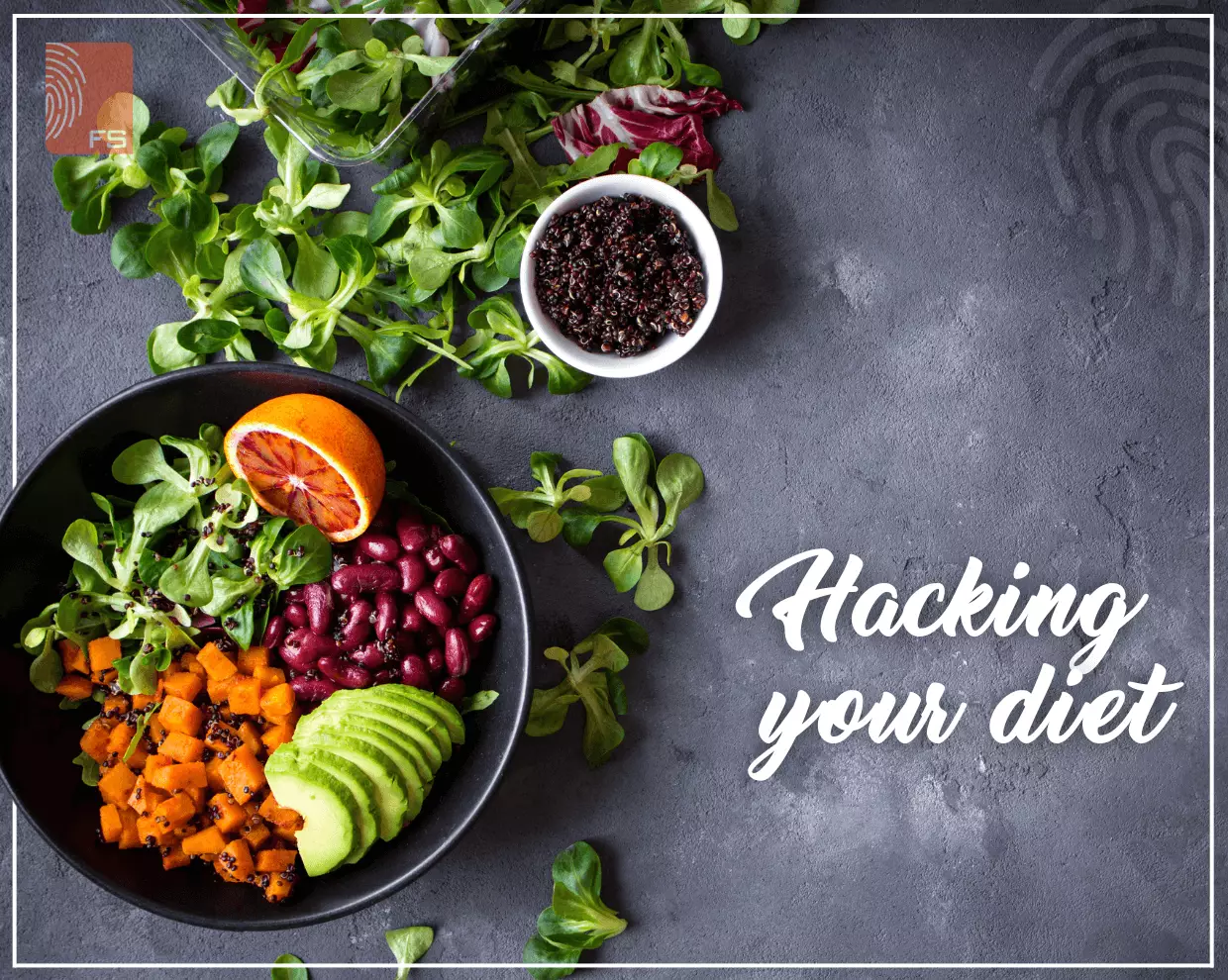Lesson One: It's all about choices.
You don’t need fancy hacks or expensive kits to get started with health optimisation. In fact, your diet is one of the best places to start. We encourage eating with the seasons since nature typically knows what food best to serve us through the demands of different seasons.
Seasonal eating
One of the best ways to work out what is in season is to shop at a farmer’s market, or on an online organic store and look for what’s in season.
This ensures that you’re eating foods that are at their peak nutritional value, and also eliminating more toxins that can wreak havoc with your hormones.
Food intolerance or gut issue?
If you’re struggling with food intolerance, gut issues or anything else that may relate to your diet, we encourage you to see a functional health practitioner . Our coaches are uniquely trained in areas of health including nutrition, sleep, exercise, stress reduction and supplementation, giving them the ability to gain further perspective on what makes your body perform optimally, and what hinders it.
We offer free initial consultations and lab testing so you can stop guessing, and start understanding what’s actually going on in your body.
Reinventing the idea of "diet"
Generally, the idea of a diet is synonymous with short term changes aligned to an expectation of dramatic change. What is not considered is diet as a long term, life-focused strategy.
We believe that diet should be a long-term focus.
Diet depends entirely on what you want to get out of your life, such as to lose a bit of fat, gain muscle, increase energy, or just to feel better all round.
You probably already know that you get out of life what you put in. This is true of your body, and believe it or not, your mood and energy.
We recommend:
- Focusing on what you CAN eat, not what you can’t. Eat the right ratio of protein, fats and carbs.
- Being aware of what your specific goals are.
- Eating seasonal, clean and local.
- Trying to eliminate foods that may be negatively affecting your body, such as common allergens like gluten or dairy.
- Eating mindfully and only when you’re hungry.
- Avoid eating less than 2 hours before bed.
- You can read more about this on our blog: Change your strategy.

 EU Store
EU Store  UK Store
UK Store NZ Store
NZ Store AU Store
AU Store









